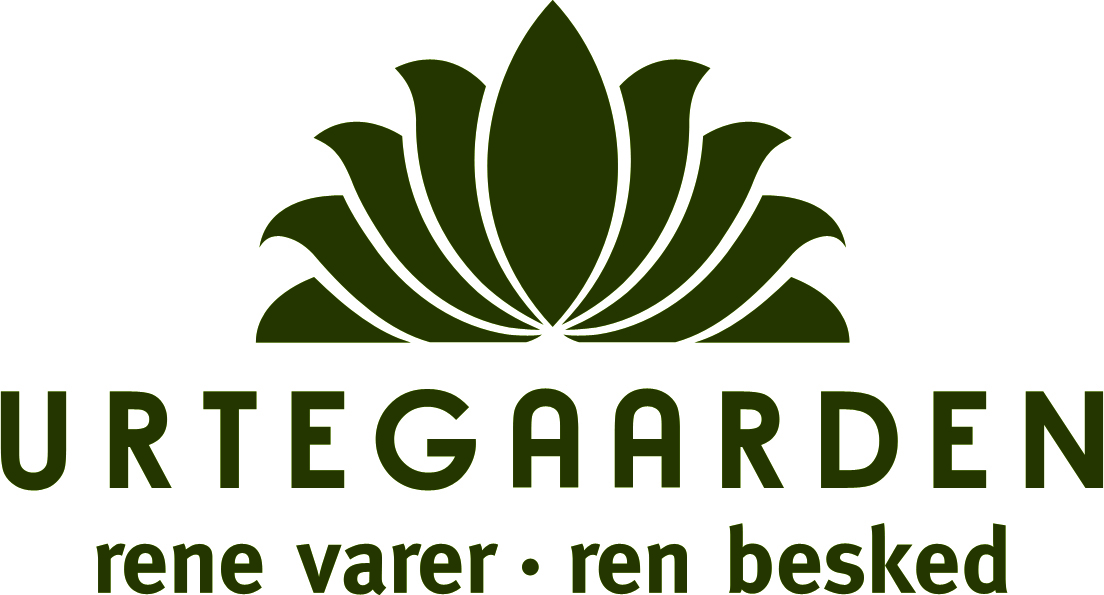

Urtegaarden

Central Denmark Region, Denmark
November 2024
Personal care products
Manufacturing
Denmark
Urtegaarden ApS, founded in 1978, is a Danish company specializing in the production and distribution of natural and organic raw materials for homemade cosmetics and confectionery. Located in Vivild, Denmark, Urtegaarden is dedicated to providing pure, high-quality ingredients, enabling customers to create personalized skincare products and sweet treats at home. Urtegaarden sells its products through the website urtegaarden.dk as well as through e.g. heath shops and materialists. Urtegaarden’s mission is to operate with a significant positive impact on society and the environment. This commitment is reflected in the careful selection of raw materials, prioritizing organic options whenever possible, and with emphasis on transparency and education, empowering customers to make informed choices about the products they create and use. Urtegaarden's product range includes essential oils, vegetable oils, and various ingredients for DIY cosmetics and confectionery. Also, Urtegaarden offer workshops and courses to educate customers on crafting their own natural products. In addition to raw materials, Urtegaarden provides a selection of ready-made skincare and haircare products, all adhering to their high standards of natural purity.
Overall B Impact Score
Governance 16.6
Governance evaluates a company's overall mission, engagement around its social/environmental impact, ethics, and transparency. This section also evaluates the ability of a company to protect their mission and formally consider stakeholders in decision making through their corporate structure (e.g. benefit corporation) or corporate governing documents.
What is this? A company with an Impact Business Model is intentionally designed to create a specific positive outcome for one of its stakeholders - such as workers, community, environment, or customers.
Workers 23.6
Workers evaluates a company’s contributions to its employees’ financial security, health & safety, wellness, career development, and engagement & satisfaction. In addition, this section recognizes business models designed to benefit workers, such as companies that are at least 40% owned by non-executive employees and those that have workforce development programs to support individuals with barriers to employment.
Community 20.1
Community evaluates a company’s engagement with and impact on the communities in which it operates, hires from, and sources from. Topics include diversity, equity & inclusion, economic impact, civic engagement, charitable giving, and supply chain management. In addition, this section recognizes business models that are designed to address specific community-oriented problems, such as poverty alleviation through fair trade sourcing or distribution via microenterprises, producer cooperative models, locally focused economic development, and formal charitable giving commitments.
Environment 19.7
Environment evaluates a company’s overall environmental management practices as well as its impact on the air, climate, water, land, and biodiversity. This includes the direct impact of a company’s operations and, when applicable its supply chain and distribution channels. This section also recognizes companies with environmentally innovative production processes and those that sell products or services that have a positive environmental impact. Some examples might include products and services that create renewable energy, reduce consumption or waste, conserve land or wildlife, provide less toxic alternatives to the market, or educate people about environmental problems.
What is this? A company with an Impact Business Model is intentionally designed to create a specific positive outcome for one of its stakeholders - such as workers, community, environment, or customers.
Customers 2.0
Customers evaluates a company’s stewardship of its customers through the quality of its products and services, ethical marketing, data privacy and security, and feedback channels. In addition, this section recognizes products or services that are designed to address a particular social problem for or through its customers, such as health or educational products, arts & media products, serving underserved customers/clients, and services that improve the social impact of other businesses or organizations.